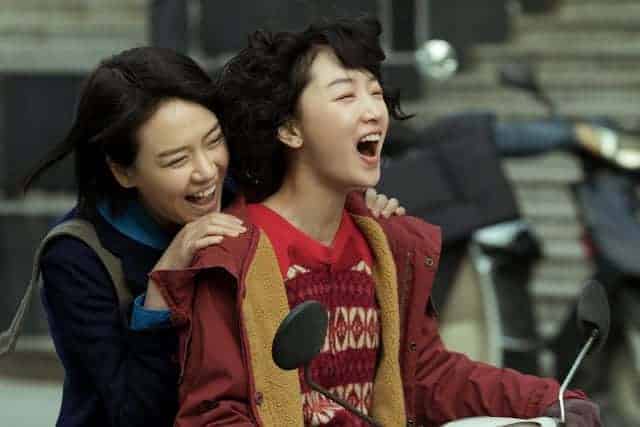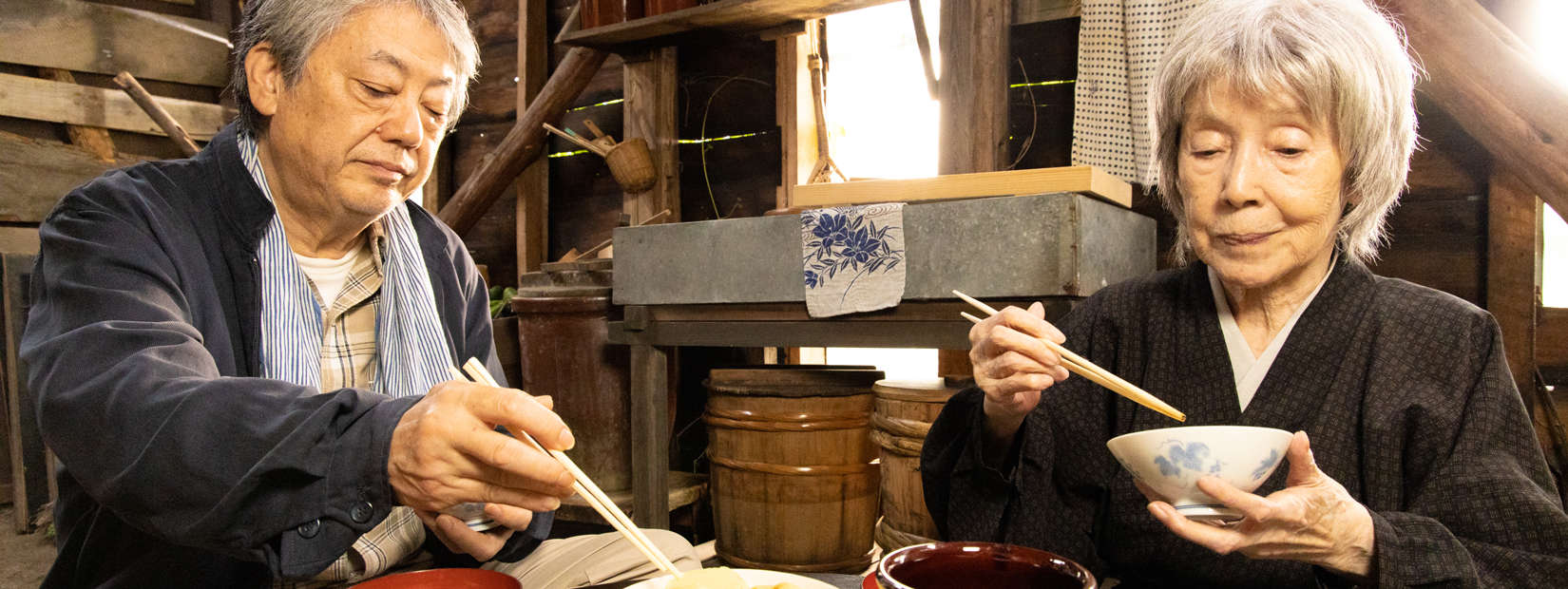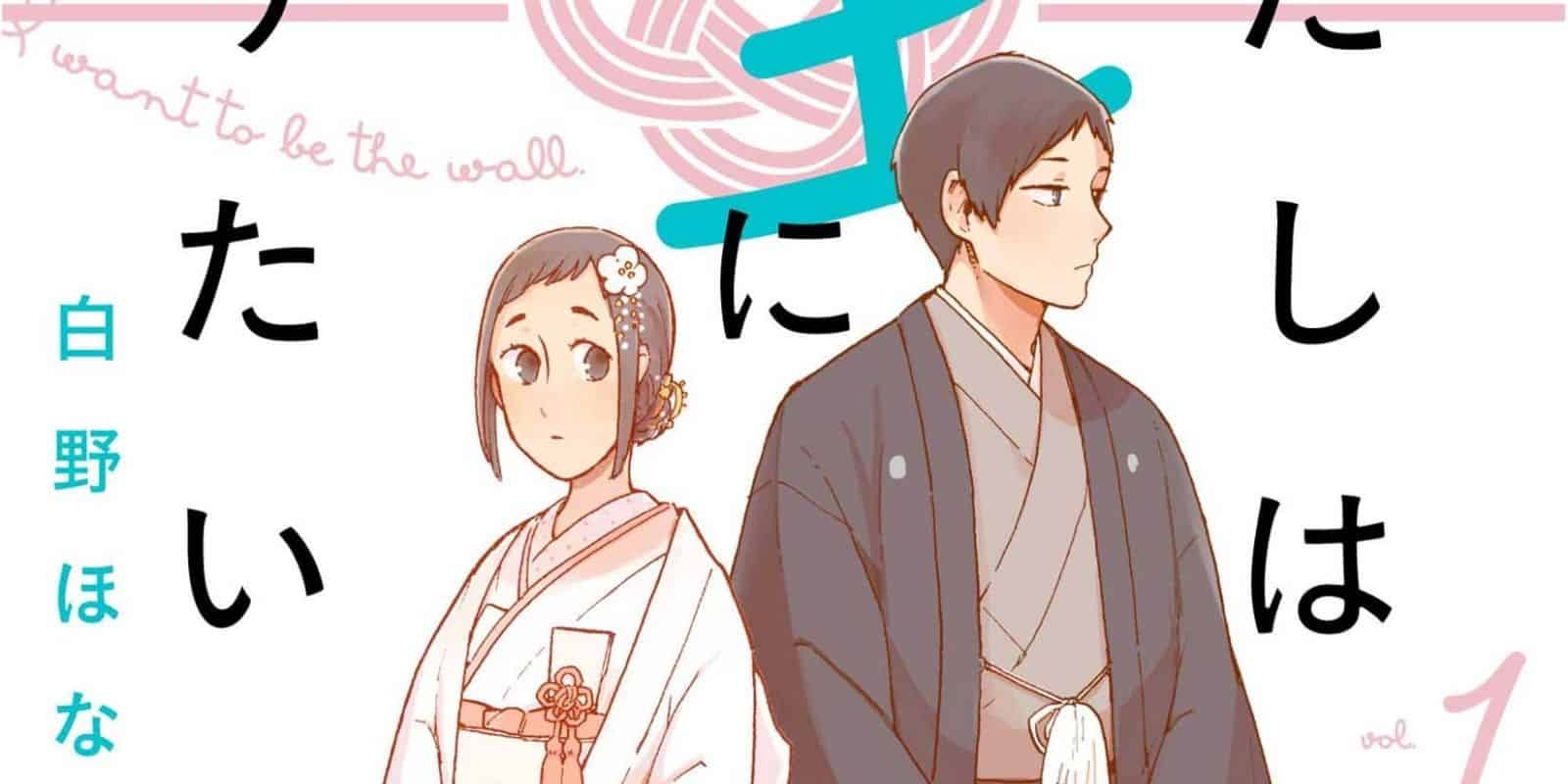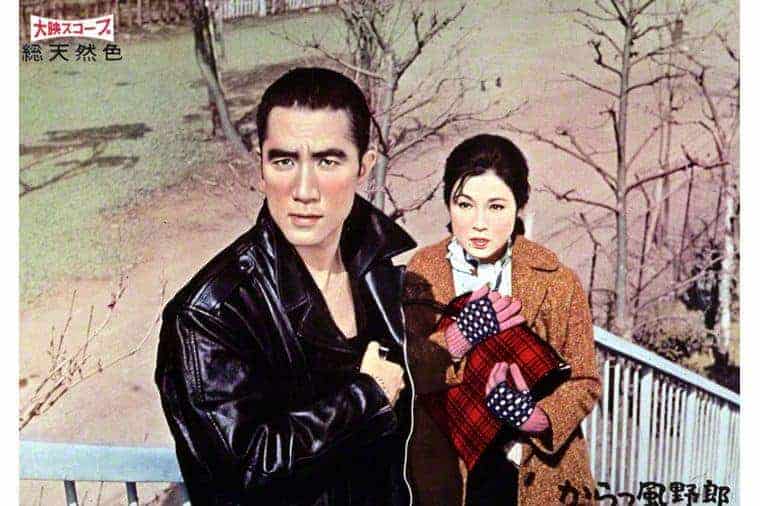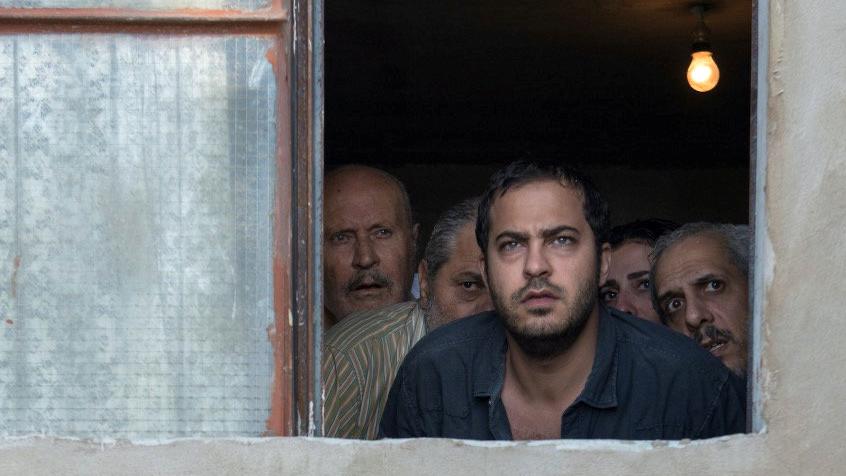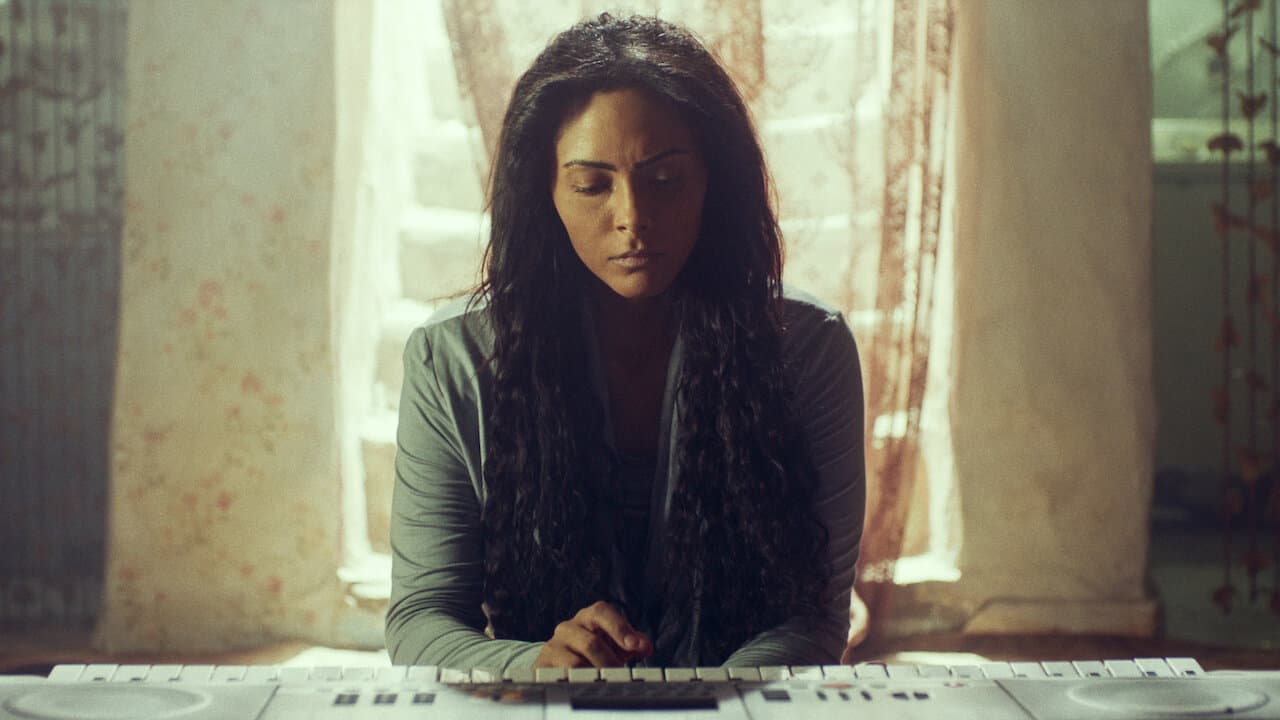After exploring love and its variations in “Lover's Discourse” (2010) and “Lacuna” (2012), director Derek Tsang chooses a friendship tale where love stays in the background, for his third feature work “Soul Mate”. Produced by his mentor Peter Ho-Sun Chan, the film has been gaining consensus and several nominations, ending up winning 2 Best Leading Actress at The Golden Horse Awards and Best Director in Osaka. “Soul Mate” is a flourished adaptation of a short web novel.
Buy This Title
The story is narrated in form of flashbacks, a flood of happy and painful memories that starts when Shanghai worker and family woman Li Ansheng (Zhou Dongyu) is asked by a publisher to track down her friend Lin Qiyue (Ma Sichun) who has penned an unfinished online novel titled “Qiyue and Ansheng”, the story of their friendship starting back when they were 13. The publisher wants to buy the rights for a film and Qiyue is nowhere to be found but Ansheng refuses to help him and denies any involvement. Coincidentally, the same day she bumps into Su Jiaming (Toby Li Cheng-bin), a young man who played an important role in the past and he too evokes Qiyue and the online novel. Back at home, reading the memoir on a computer screen, she starts to recall the past.
Different in character and family status, Ansheng and Qiyue (respectedly Li Haofang and Yao Xinyan, in their younger versions) meet at school at the age of 13. They soon become best friends and Ansheng, who is often left alone by her busy single mum, is welcomed by Qiyue's warm and friendly family. Time goes by and the girls carry on with their studies and friendship but their dreams and their vision of the future are now rather different. Free spirited Ansheng is becoming restless; she wants to see the world and live life to the full. On the other side, pragmatic Qiyue's hopes are for a more traditional life; to finish her studies, find a good job, a husband and indeed she has already set eyes on a good looking boy, Jiaming. The three start to hang out together but Ansheng, feeling dangerously attracted by her best friend's love object, decides to leave. It is the first dramatic turn of their relationship and in the following years they will take very different paths, keeping in touch only through sporadic postcards. They will meet again a few years later, when Qiyue is about to marry her sweetheart and again they will part dramatically. But some unexpected twists are in store to shake up a story that, up to this point, follows the traditional coming of age template.
Despite few innuendos of Sapphic love that the marketing team has strategically (!) disseminated in posters and trailers, this movie is a candid tale of women friendship and the hardship to endure and maintain alive such a precious gift. An evolving China is on the background and the two girls may be seen as the two faces of China's millennials, one still weighted down by the marriage+job obligation and one more aware of the alternative possibilities that life reserves.
This female-focused story spends most of the time developing the characters of the two protagonists in a plot that is simple and realistic enough to suck in the viewers and produce an emotional response, especially in the female audiences. In front of the viewer's eyes a bond unfolds and seamlessly moves from the young age and adolescence, when friendship means being inseparable, thinking alike and doing everything together, to a mature stage when the personalities develop in clashing directions and friendship becomes understanding, enduring and making hard decisions. Moreover, it is about confronting the unpleasant side of yourself and find the guts to challenge it.
The first 2 thirds of the movie are spent over this evolution and growth while the last segment reserves some surprises and twists (maybe even one too many, in my opinion). The observational narration suddenly splits in different levels of reality, lies, memories, dreams and fiction, creating a stark contrast with the rest and a very emotional outcome. It works though, and it rescues the whole work from what could have been just another weepie. We are in full melodrama territory and a line delivered by Qiyue's mum in a critical moment is the perfect epitome: “The truth is, no matter what path a girl chooses she will suffer”. Needles to say the only male character is not explored and treated with the same attention. In fact, it is totally underdeveloped and reduced to a mere McGuffin device, which is slightly unfair.
The story of “Soul Mate” is based on the short Chinese online novel “July and Ansheng” by Quing Shan that has been cleverly given to a team of 4 female scriptwriters to develop and adapt. Hong Kong celebrated writer Lam Wishung was part of the team and in an extensive interview she talked to us about the accurate work they had to do, not only to adapt an on-line short novella into a feature film but also to make it viable for both Hong Kong and Chinese audiences. The production is filled with incredibly accurate details to help the process and they indeed succeeded in their task, as “Soul Mate” has proved a real hit within Chinese language countries. Having grown up with his mum and grandmother, Director Derek Tsang was very confident working with an all-female team of writers and two strong leading actress and it shows in his work.
Zhou Dong and Ma Sichun embody casting and acting perfection. Down to the physical aspect they ARE Ansheng and Qiyue. I couldn't put it in a different way! The film has a strong visual, it is pleasant, soft-lit and charming and the editing has a critical role in delivering correctly all the memories of the past and does an excellent job towards the end, when the film mixes reality, dream and fiction. Not surprisingly, the editing team (Derek Hui, Dianshi Li, Xiang Yuan Tan and Xiaolin Zhou) earned a well-deserved nomination at The Golden Horse.
To complete the “young and talented” picture we need to add that the original theme song “It's not a crime, It's just what we do” is written and sang by Faye Wong's daughter, Leah Dou and is a sweet and moody tune that well complements the images and characterises the time frame.


